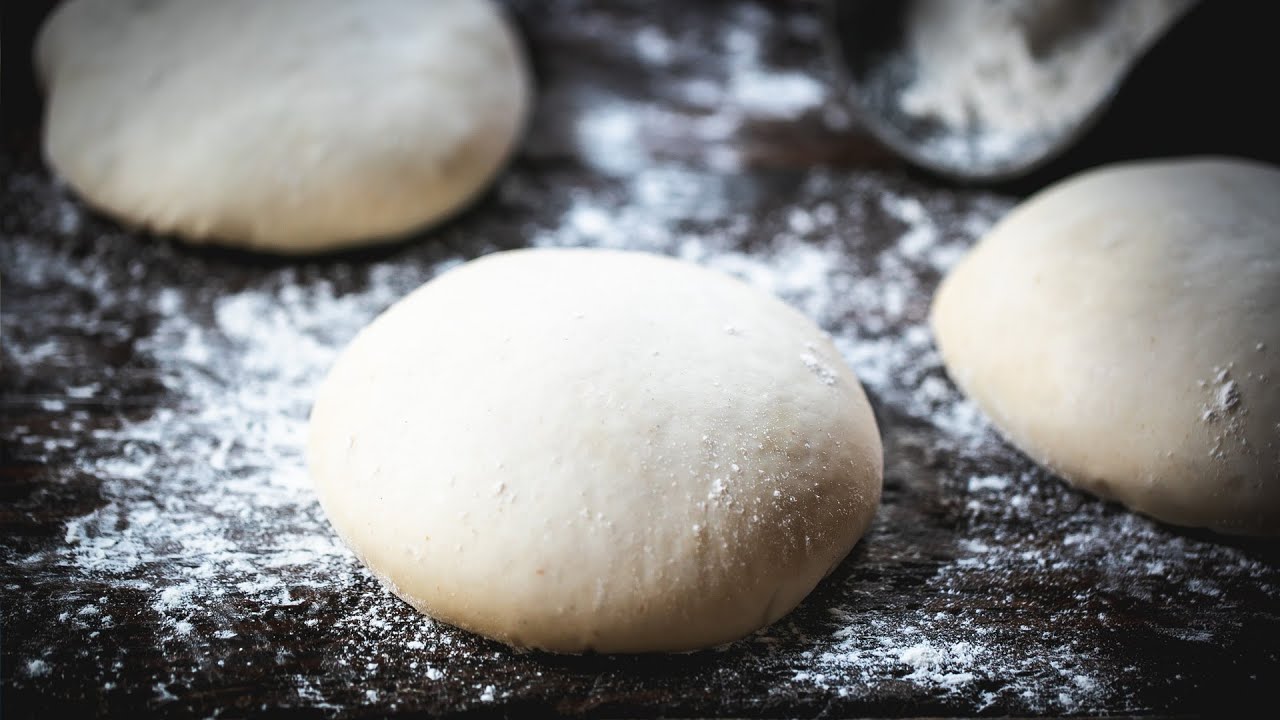What Is the Best Flour for Pizza Dough?

Making homemade pizza dough can be even better than the pies you buy at restaurants, but knowing which type of flour to use can be a bit confusing. Do you use whole wheat flour or something that doesn’t contain gluten? Will gluten-free pizza dough still make a delicious pizza?
Read on as we answer these important questions and help you decide on the best flour for pizza dough, depending on what you like.
Why Does Flour Type Matter?
If you’re wondering why it even matters what kind of dough you use—pizza dough is pizza dough, right?—you’re not the only one pondering this question. Many people think that plain old bread flour will work for any kind of pizza crust, but that’s not true.
The different types of wheat flour have varying textures as well as protein content. This protein content is what affects the amount of gluten your dough will have. And it’s gluten that gives your dough its stretchiness.
You’ll get a crispier pizza crust from one flour, and a chewier crust from the other. Without further ado, let’s get into finding out what is the best flour for pizza dough.
Chewy Dough
Bread flour will result in a chewy texture, so if that’s your kind of crust, you won’t have to shop around desperately trying to find the flour you need. This flour is higher in protein than all-purpose flour, which means more gluten.
With bread flour, you’ll have a stretchy dough that isn’t as likely to tear, thanks to that 11% to 13% of protein.
Crispy Dough

Who doesn’t love a nice and crispy pizza crust? If that’s what you want, you’ll appreciate 00 flour. This is an Italian finely ground flour with about 12% of protein. Traditionally, Neapolitan-style pizzas are made with 00 flour.
Although the gluten content is the same as that of bread flour, durum wheat is used here, and gluten acts differently. As a result, you get a delicious balance of chew and crisp with 00 flour.
Nutty Flavor
Whole grain flours work best if you desire a nutty flour in your pizza. They have a slightly higher protein content (about 14%) and are higher in gluten and have denser textures.
However, if you use 100% whole grain or wheat, you’ll have a crust that is too chewy and dense. It’s best to use a blend of white and whole-grain flour so you get the best of both worlds.
Gluten-Free
If you want a thin and gluten-free pizza crust, you should use almond flour. It doesn’t contain any gluten and hasn’t been formulated to mimic flours that do contain gluten. It’s ideal for anyone who loves pizza but is gluten intolerant.
Make Your Pizza Just the Way You Love It
As you can see by now, the flour you choose is determined by the kind of pizza dough and crust you want. We suggest you try out all of them in one of our awesome wood-fired pizza ovens right in your own backyard as soon as possible!



